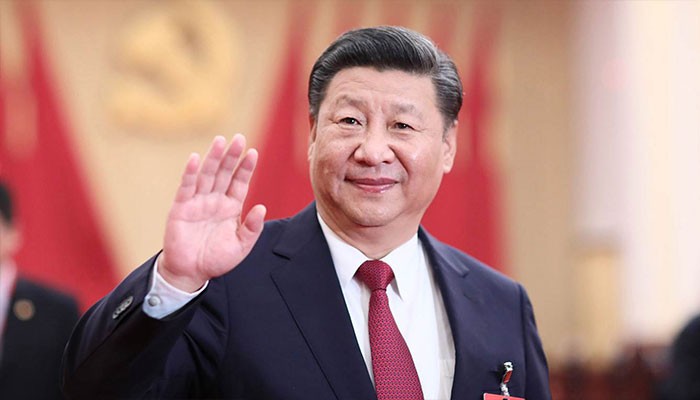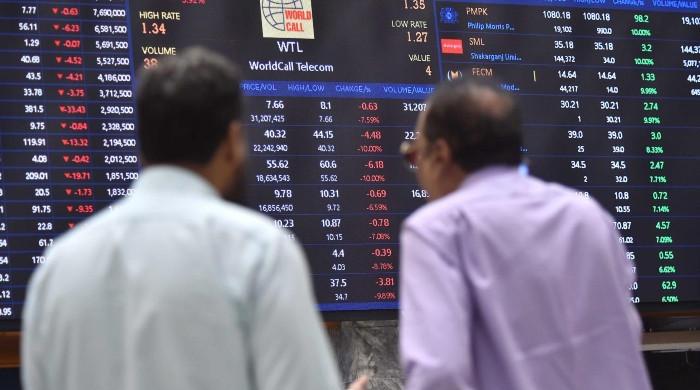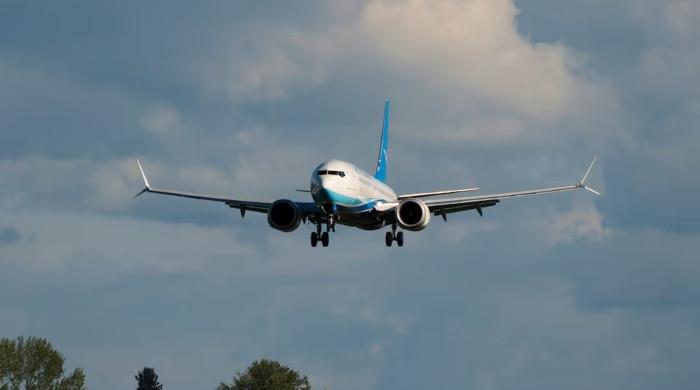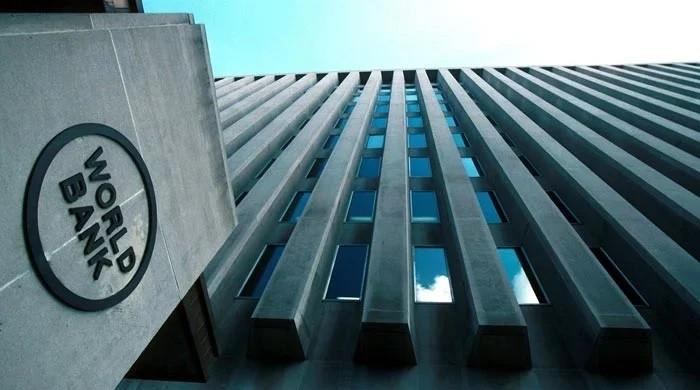Bumped-up currency swap deal favourable for Pak, Chinese businessmen: official
The official said such swaps present more advantages than disadvantages, and that forex brokers were using them as a valuable risk management tool
May 26, 2018
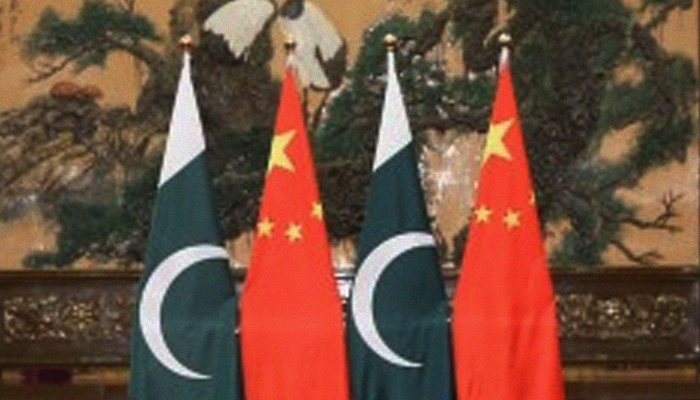
BEIJING: A bilateral currency swap agreement with Pakistan's northern ally would likely help the liquidity issues that Pakistani traders and Chinese manufacturers usually face, an official at the country's embassy here said on Friday.
Earlier, on Thursday, Pakistan doubled the size of its currency swap agreement with China by 10 billion yuan ($1.57 billion), two Pakistani central bank sources said, with cash earmarked for boosting fast-depleting foreign currency reserves.
The People's Bank of China said later the same day it was extending a currency swap agreement with the State Bank of Pakistan.
While speaking to Geo News here, Badar uz Zaman, the commercial counsellor at the Pakistani Embassy in Beijing, said the move would translate to Chinese businessman having adequate rupees to purchase their required raw materials here, while Pakistani importers, on the other hand, would not have to endure the challenge of "third-currency" fluctuations when making payments.
Zaman added that the main advantage of using a currency swap was to lower the risk posed by two currency moving too aggressively in one specific direction.
“There is one main disadvantage to currency swaps, and this is related to their original purpose," he explained.
"At first, there were agreements to get around exchange controls, but then, after these barriers were eliminated, they are being used mainly to hedge the investments."
Zaman commented that mutual recognition agreements (MRAs) would likely be at the heart of trade diplomacy in the coming years. Not only do they represent quite an effective approach to addressing the impact of differences in national regulatory systems as barriers to trade, he added, but they also constitute a powerful impetus for improving such systems through further opening up of bilateral regulatory regimes.
The commercial counsellor said currency swaps present more advantages than disadvantages and that foreign exchange (forex) brokers were using them as a valuable risk management tool.
Used together with other risk management tools like hedging, these help forex brokers navigate through difficult financial periods, he said, adding that the advantages of currency swaps present themselves in instances where both parties stand to gain in a market.
Most of the times, however, the domestic company is able to locally access finances at better terms compared to foreign companies.
According to a statement by The Bank of China, a swap is sized at 20 billion yuan ($3.1 billion) or Rs 351 billion, and this agreement is valid for three years. It can be extended upon mutual consent.
Two SBP sources told Reuters on Thursday that the currency swap agreement between SBP and China’s central bank was hiked from 10 billion yuan to 20 billion yuan ($3.13 billion).
“This arrangement has been finalised,” said one SBP source, who spoke on condition of anonymity. A second source had confirmed the agreement and the figures.
Using currency swaps — a risk management tool — companies reduce their exposure to currency fluctuations. The risk they face, however, is that at maturity, the floating interest rate could represent a bigger cost, which could possibly set off the swap's purpose.
To mitigate this downside, longer-term periods are favoured.
